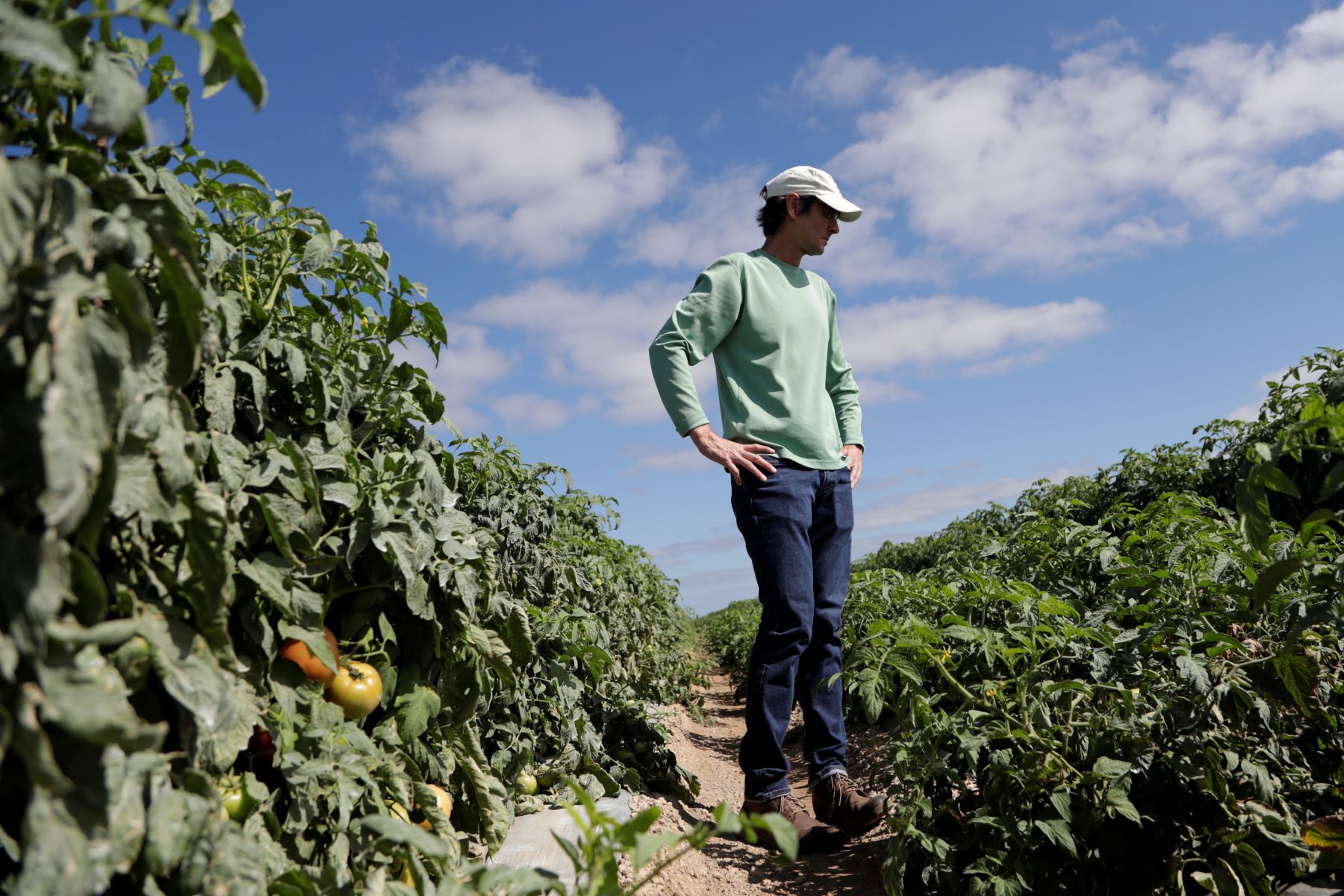The coronavirus is creating a problem for Georgia farmers: Restaurants are doing less business, and schools are feeding fewer kids. That means even if there’s a great crop coming up, growers may not have their usual customers to sell it to.
About 50% of the crop in the state typically goes to food service, according to the Georgia Department of Agriculture, and it’s not easy for growers and wholesalers to quickly pivot to get crops meant for restaurants into grocery stores instead.
In Cherokee County, Buckeye Creek Farm grows produce for restaurants and also grinds cornmeal and grits. Liz Porter, who founded the farm with her husband, said this year she didn’t grow spring greens for restaurants, and she’s holding off on planting other crops after talking with the chefs she usually works with.
“They’re not really ready to open up to dine-in customers for a while,” she said. “So there’s not a whole lot of point in trying to grow anything that we’d normally sell to them.”
She said she’s planning on donating grits and cornmeal to a food pantry in Atlanta, but she can’t afford to do a lot of that. She has friends who are trying out doing online orders direct to customers, or selling at farmers markers, but she doesn’t have the staff for that.
This is an issue for many Georgia farms and dairies.
“There’s plenty of supply. Plenty of supply,” said Gary Black, commissioner of the Georgia Department of Agriculture. “It’s just, is it packaged correctly, or is there going to be enough demand particularly when upward of half of that market is food service?”
He said he could see this problem coming because Florida is a few weeks ahead of Georgia with its harvest season, and it happened there first.
“It was almost as if we, you know, we had the tidal wave sound the alarms,” he said. “Unfortunately, I think they kind of got hit in the middle of it.”
In Florida, farmers were plowing crops back into the ground.
“We hope that doesn’t happen in Georgia,” said Charles Hall, executive director of the Georgia Fruit and Vegetable Growers Association.
He said in Georgia, we’re right in harvest season now, and the market hasn’t picked back up yet.
“We could well have excess crops and have similar problems as what Florida had,” he said.
Black said there are some potential solutions, like rural hospitals talking about coming together to buy Georgia produce, and a marketing campaign launched by his agency encouraging people to buy Georgia produce.
Porter said, for her part, even though she’s not planning on planting her usual fall crops, she is planning on something new to her: hops.









